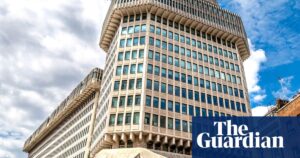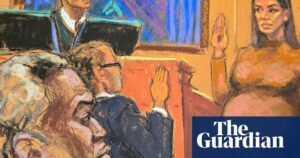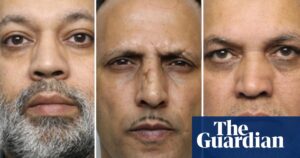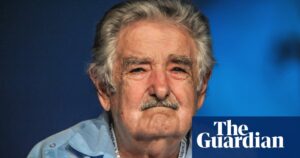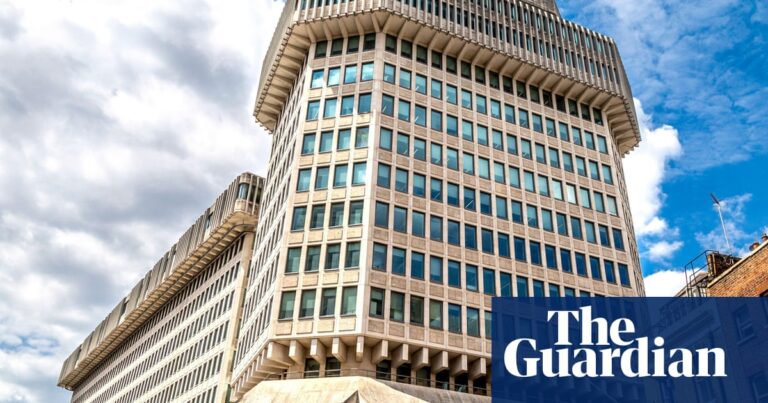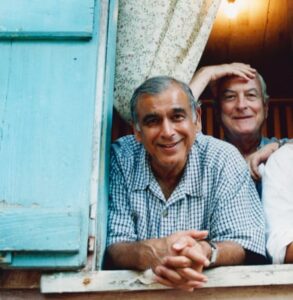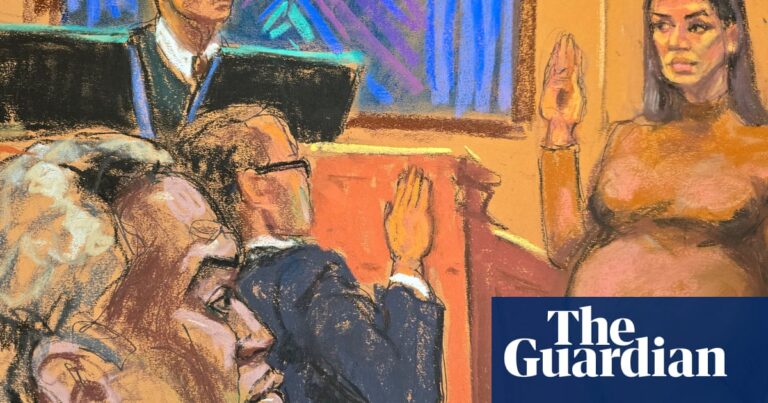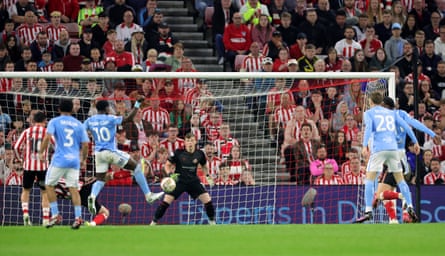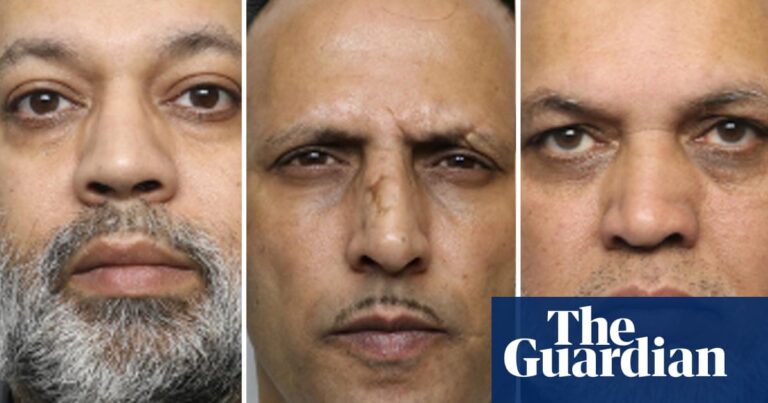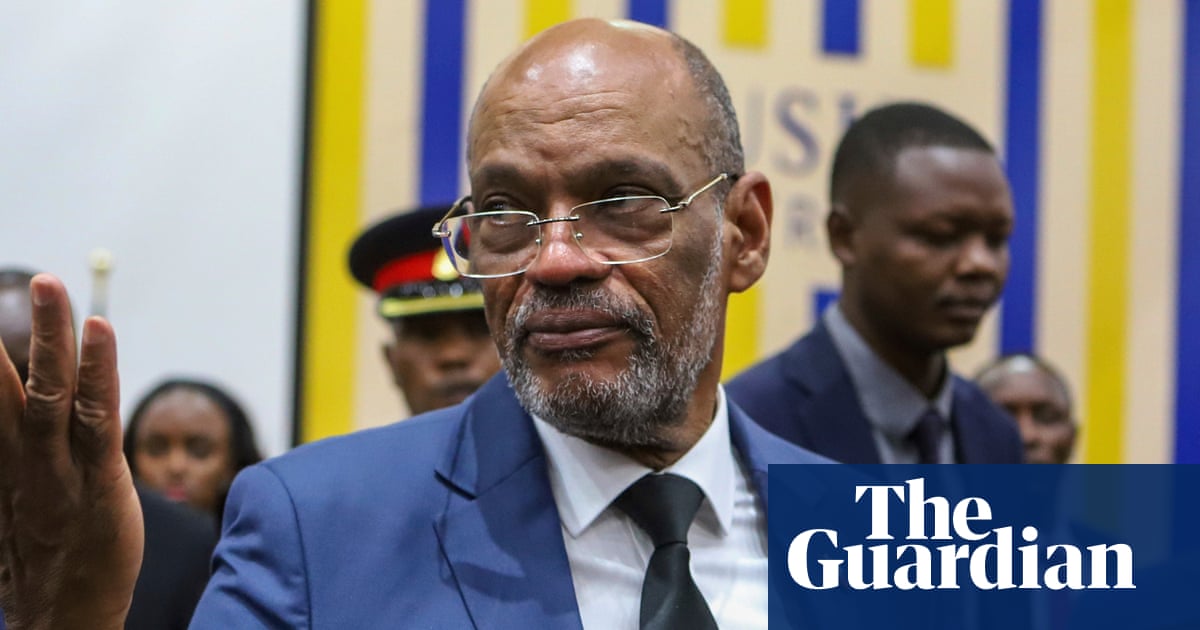
The Haitian prime minister, Ariel Henry, has stepped down amidst a rebellion by a gang that has caused chaos in the country and hindered his return from a visit to Kenya.
Henry, who is now in Puerto Rico, said he would formally quit after the installation of a transitional council to lead the Caribbean state, which has been submerged in chaos since the assassination of its president Jovenel Moïses in July 2021 by Colombian mercenaries.
In a video statement, Henry stated that our nation has witnessed a rise in various forms of violence being committed against the people, such as murder, assaults on law enforcement, theft, and deliberate destruction of both public and private property, for over a week.
“We deeply regret the many lives that have been lost. The government I am in charge of cannot ignore this situation. As I have repeatedly stated, our shared country of Haiti is worth any sacrifice.”
I urge all Haitians to stay composed and make every effort towards restoring peace and stability as quickly as possible.
A consensus has been reached among Haitian leaders meeting in Jamaica to establish a new temporary government headed by a seven-member council. The council will then appoint an interim prime minister, although it remains uncertain who will guide Haiti in resolving the ongoing crisis. This crisis has resulted in a complete breakdown of democratic responsibility in a nation that has not held elections since 2016.
Since October 2022, Henry has been attempting to establish a UN-sanctioned task force comprised of international military personnel to strengthen the nation’s police force and maintain stability. On March 1st, he successfully negotiated an agreement with Kenya to send 1,000 officers to the Caribbean.
However, Kenyan authorities announced on Tuesday that the deployment would be suspended until a new government is declared, adding to the complexity of the situation.
“The agreement between them and the president remains in effect, but the deployment will not take place currently because it is necessary for a functioning government to also work together,” stated Salim Swaleh, a representative for the foreign ministry of Kenya, in an interview with the New York Times. “It is not possible to simply send police onto the streets of Port-au-Prince without an established administration.”
The question remains as to how the gangs in Haiti, who currently hold 80% of the control in Port-au-Prince, can be convinced to give up their weapons. According to Robert Fatton, an expert on Haitian politics at the University of Virginia, engaging in dialogue with the gangs is necessary, regardless of any potential changes in government. It is not feasible to suppress them.
Fatton stated that authorities would still need to address the presence of gangs and attempt to persuade them to relinquish their arms, but what would be the terms of their compromises?
Highlighting this aspect, Jimmy “Barbecue” Chérizier, a ex-officer of the law who is seen as the top leader of gangs in Haiti, expressed to journalists that if the global community persists in supporting a transition, it will result in further tumult for the country.
“We Haitians have to decide who is going to be the head of the country and what model of government we want,” said Chérizier, who leads the gang federation G9 Family and Allies. “We are also going to figure out how to get Haiti out of the misery it’s in now.”
For 10 days, Haiti’s gangs united and wreaked havoc by attacking police stations, ports, prisons, and even the international airport in the capital.
Due to the ongoing violence and closure of its main international airports, Henry was unable to travel to Haiti. Instead, he arrived in Puerto Rico a week ago. He had initially tried to enter the Dominican Republic, but officials refused him entry because he did not have a valid flight plan.
According to a high-ranking US government source, Henry is still in Puerto Rico, and the choice for him to resign was made on Friday. The source stated that Henry has stated his wish to go back to Haiti at some point in the future.
Despite Henry’s attempt to step down, it is doubtful that this will resolve Haiti’s longstanding issue with effective leadership and stability. The country has been plagued by ongoing problems such as violence, natural disasters, and interference from other nations such as the US and UN, ever since the overthrow of the Duvalier dictatorship in 1986.
Succumbing to a process set in motion by Moïses’s murder during a night-time assault on his Pétion-Ville home, Haiti’s enfeebled government has collapsed under the weight of gang and vigilant violence, some of it linked to political figures.
The nation of Haiti, the most economically disadvantaged in the western part of the world, has faced challenges with pervasive corruption among its government and business leaders. Additionally, gangs, who are often better armed than the country’s inadequate police force, have taken over large regions and established checkpoints to control travel and local communities.
Many people believed that Henry’s administration was corrupt and lacked legitimacy because it neglected to hold elections on multiple occasions.
According to footage shared on Haitian social media, crowds were seen rejoicing in the streets, dancing to music and enjoying a party-like ambience as fireworks lit up the sky.
During the leadership of the 74-year-old individual, gangs gained dominance over a significant portion of the nation and frequently inflicted fear upon innocent civilians by restricting access to food and fuel and obstructing transportation. As a result, 4.35 million people, which is nearly half of the population, suffer from regular hunger.
Some people who have the ability to vote for the new council include members of the Pitit Desalin party, which is led by ex-senator and past presidential nominee Moïse Jean-Charles. Jean-Charles is now working with Guy Philippe, a previous rebel leader who orchestrated a successful overthrow in 2004 before being released from a US jail for admitting to money laundering.
Source: theguardian.com


